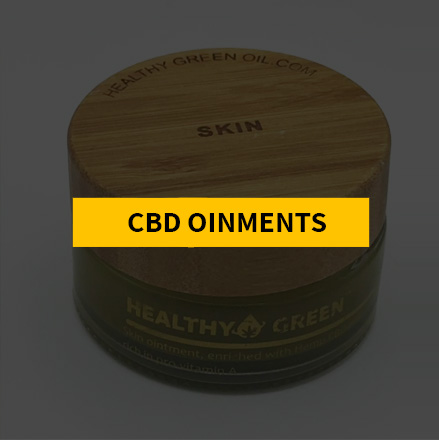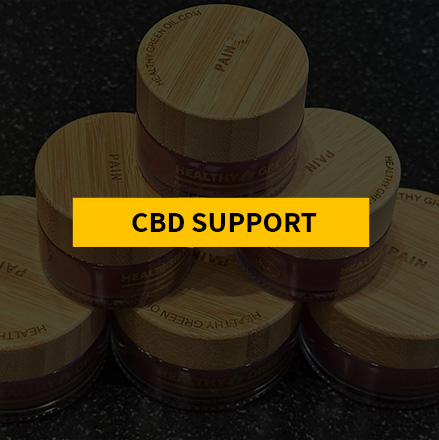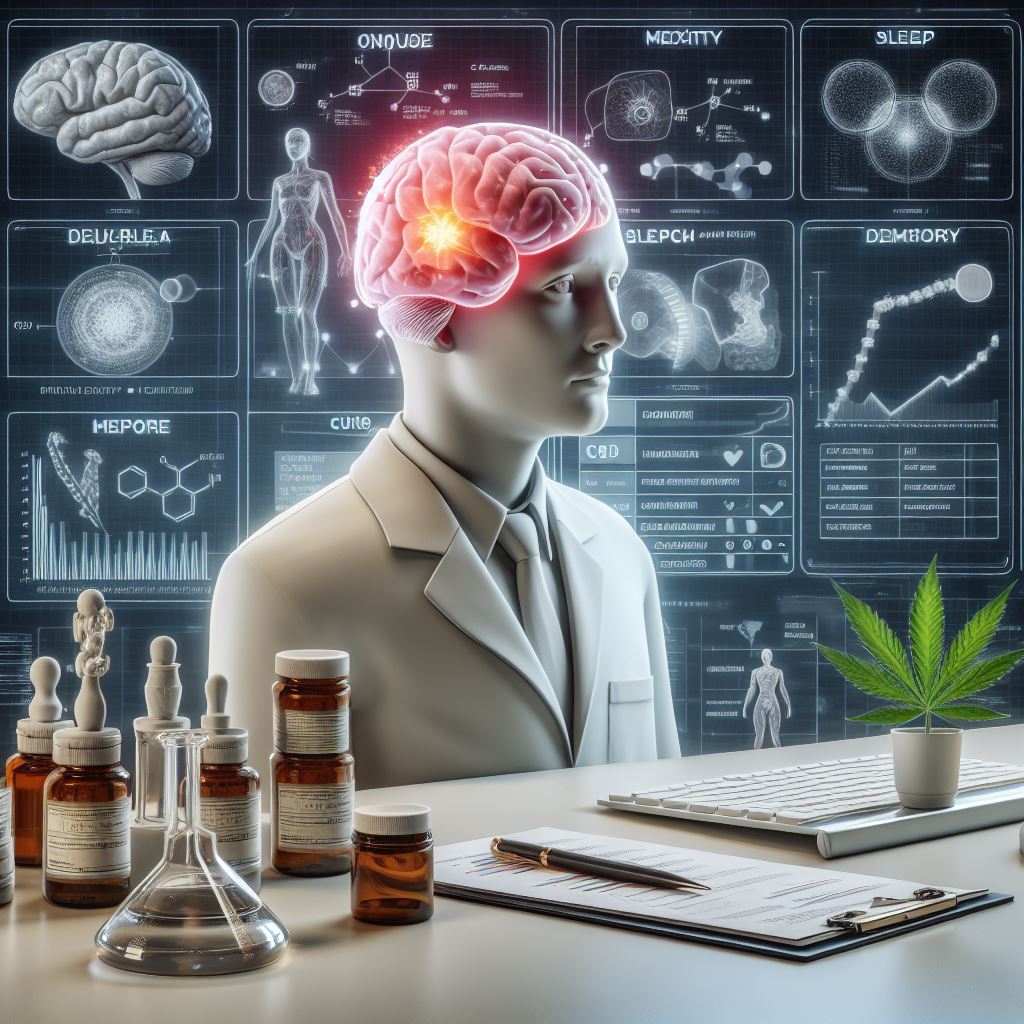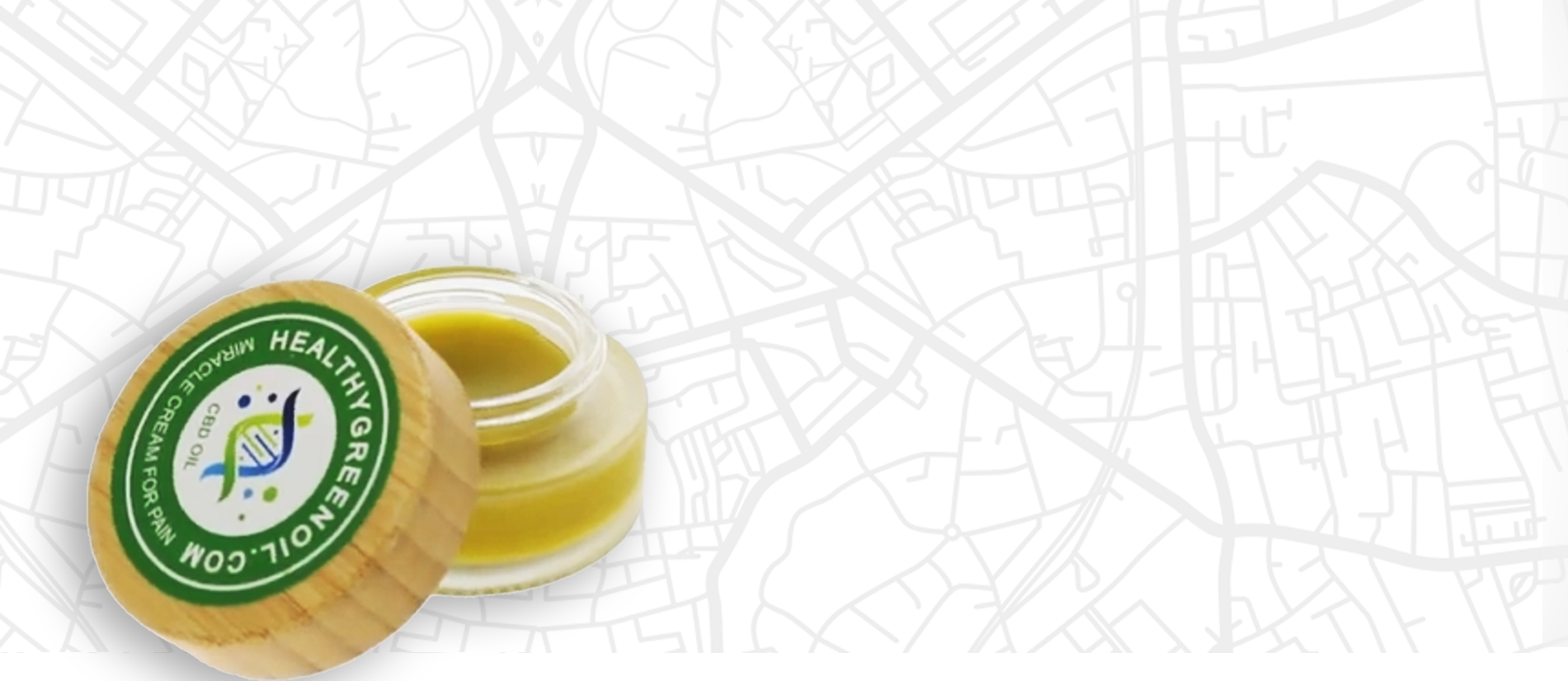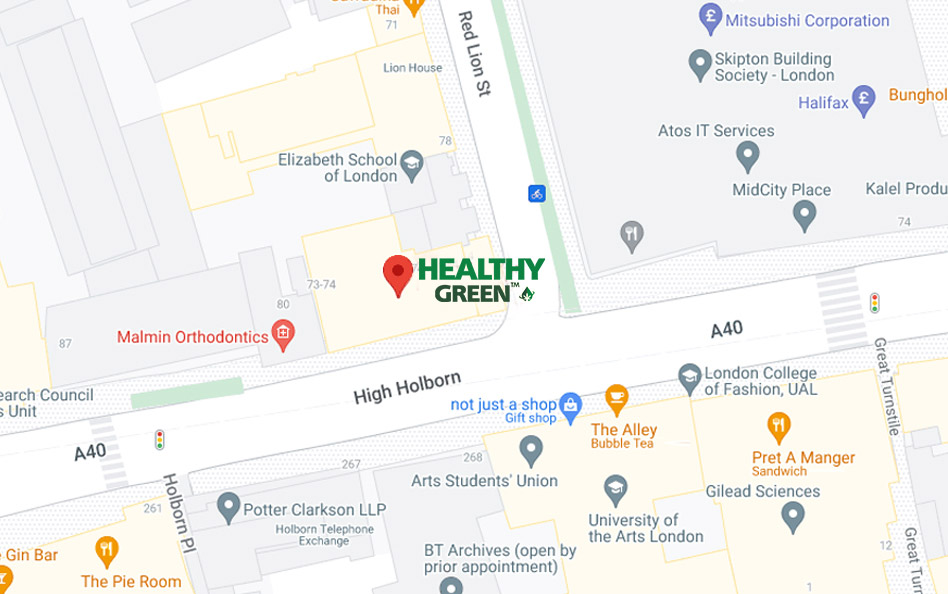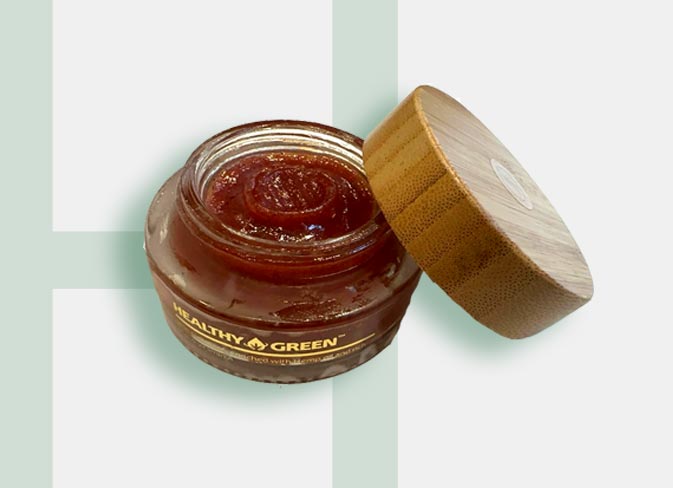Since 1963 the Cannabis was medically researched. The first to research it was Professor Raphael Mechoulam, Israeli Chemist that published 350 scientific articles and 3 books about the plant, the Cannabinoids and it’s effects on the human body.
We slowly reveal through research, the cannabis and hemp contribution to our bodies. More and more countries legalize CBD for medical use and also for fun.
CBD and Clinical Research: Unveiling the Potential, Navigating the Nuances
Cannabidiol (CBD), a non-psychoactive compound found in the cannabis plant, has ignited a wave of interest due to its potential for various health benefits. However, amidst the hype, navigating the landscape of clinical research surrounding CBD can be murky. Here's a dive into the current state of CBD research, its promising avenues, and the need for cautious optimism:
Promising Pathways:
- Pain Relief: Research suggests CBD's interaction with the endocannabinoid system might alleviate chronic pain associated with conditions like arthritis, migraines, and muscle soreness. Studies on its effectiveness for neuropathic pain, often resistant to traditional treatments, are also underway.
- Neurological Disorders: Early research hints at CBD's potential in managing symptoms of epilepsy, Parkinson's disease, and even multiple sclerosis. However, more extensive studies are needed to elucidate its efficacy and mechanisms of action.
- Mental Health: Studies suggest CBD could help manage anxiety and depression symptoms by modulating stress responses and neurotransmitter activity. This makes it a potential complementary therapy alongside conventional treatments.
- Skin Conditions: CBD's anti-inflammatory and antioxidant properties show promise in treating skin conditions like eczema, psoriasis, and even acne. Its ability to regulate sebum production might also offer benefits for clearer skin.
Cautious Optimism:
- Early Stages: While research on CBD holds significant promise, it's crucial to remember that many studies are still in their early phases. More large-scale, controlled trials are needed to solidify its effectiveness and optimal dosage for specific conditions.
- Quality Matters: The CBD market is unregulated, leading to variations in product quality and purity. Opting for products with third-party lab testing and transparent sourcing is essential to ensure safety and efficacy.
- Drug Interactions: CBD can interact with certain medications, potentially causing side effects. Consulting a healthcare professional before incorporating CBD is crucial, especially if you have pre-existing medical conditions or take medications.
- Not a Cure-All: CBD shouldn't be viewed as a magic bullet for any health condition. It's important to manage expectations and remember that it might be one piece of a holistic approach to managing your well-being.
The Future of CBD:
The field of CBD research is rapidly evolving, with numerous ongoing studies exploring its potential benefits. While caution and responsible use are vital, the early findings paint a promising picture, particularly for managing chronic pain, neurological disorders, mental health concerns, and certain skin conditions. As research progresses, we can expect more clarity on CBD's efficacy, safety, and role in evidence-based healthcare practices.
Remember, CBD holds exciting possibilities, but approaching it with informed optimism and consulting your healthcare professional is key to unlocking its potential for your own well-being journey.
This text aims to provide a balanced perspective on CBD and clinical research, highlighting both its promising avenues and the need for responsible exploration. Feel free to customize it further based on your specific needs and audience.
CBD and Clinical Research: Unveiling the Potential, Navigating the Nuances (SEO-Enhanced)
Image: A close-up photo of a green cannabis leaf against a white background, with a few drops of golden CBD oil resting on its surface.
Cannabidiol (CBD), a non-psychoactive compound found in the cannabis plant, has ignited a wave of interest due to its potential for various health benefits. However, amidst the hype, navigating the landscape of clinical research surrounding CBD can be murky. Here's a dive into the current state of CBD research, its promising avenues, and the need for cautious optimism, optimized for search engine optimization (SEO):
Keywords for cbd reaserch: CBD, clinical research, pain relief, neurological disorders, mental health, skin conditions, anxiety, depression, epilepsy, Parkinson's disease, multiple sclerosis, eczema, psoriasis, acne, sebum production, drug interactions, side effects, holistic approach, well-being.
Promising Pathways:
-
Pain Relief: Research suggests CBD's interaction with the endocannabinoid system might alleviate chronic pain associated with conditions like arthritis, migraines, and muscle soreness. Studies on its effectiveness for neuropathic pain, often resistant to traditional treatments, are also underway.
-
Image: A person massaging CBD oil onto their knee, with a look of relief on their face.
-
Neurological Disorders: Early research hints at CBD's potential in managing symptoms of epilepsy, Parkinson's disease, and even multiple sclerosis. However, more extensive studies are needed to elucidate its efficacy and mechanisms of action.
-
Image: A person with Parkinson's disease taking CBD oil sublingually, with a hopeful expression.
-
Mental Health: Studies suggest CBD could help manage anxiety and depression symptoms by modulating stress responses and neurotransmitter activity. This makes it a potential complementary therapy alongside conventional treatments.
-
Image: A person meditating peacefully after applying CBD oil, surrounded by calming elements like candles and plants.
-
Skin Conditions: CBD's anti-inflammatory and antioxidant properties show promise in treating skin conditions like eczema, psoriasis, and even acne. Its ability to regulate sebum production might also offer benefits for clearer skin.
-
Image: A person applying CBD oil to their irritated skin, with a close-up shot of the redness and inflammation gradually subsiding.
Cautious Optimism:
-
Early Stages: While research on CBD holds significant promise, it's crucial to remember that many studies are still in their early phases. More large-scale, controlled trials are needed to solidify its effectiveness and optimal dosage for specific conditions.
-
Quality Matters: The CBD market is unregulated, leading to variations in product quality and purity. Opting for products with third-party lab testing and transparent sourcing is essential to ensure safety and efficacy.
-
Image: A close-up shot of a lab technician analyzing a sample of CBD oil under a microscope.
-
Drug Interactions: CBD can interact with certain medications, potentially causing side effects. Consulting a healthcare professional before incorporating CBD is crucial, especially if you have pre-existing medical conditions or take medications.
-
Image: A person talking to their doctor about CBD oil, with a medical chart and prescription bottle in the background.
-
Not a Cure-All: CBD shouldn't be viewed as a magic bullet for any health condition. It's important to manage expectations and remember that it might be one piece of a holistic approach to managing your well-being.
The Future of CBD:
The field of CBD research is rapidly evolving, with numerous ongoing studies exploring its potential benefits. While caution and responsible use are vital, the early findings paint a promising picture, particularly for managing chronic pain, neurological disorders, mental health concerns, and certain skin conditions. As research progresses, we can expect more clarity on CBD's efficacy, safety, and role in evidence-based healthcare practices.
Remember, CBD holds exciting possibilities, but approaching it with informed optimism and consulting your healthcare professional is key to unlocking its potential for your own well-being journey.
By incorporating relevant keywords strategically throughout the text and using image descriptions with keywords, you can improve the SEO performance of your content and attract a wider audience interested in CBD and its potential health benefits.
CBD is now clinically proven to assist a lot of illnesses
From pain, to brain diseases, skin, heart and blood. Here is a partial list:
- Headaches & migraines
- Neuropathic pain
- High blood pressure
- Alzheimer’s disease
- Schizophrenia
- Stroke
- Injuries in the Spinal Cord
- Arthritis
- Diabetes
- Obesity
- Chronic stress
- Nausea
- Colitis & Crohn’s
- Cognitive decline at elders
- Depression
- Autoimmune disorder
- Rheumatism
- Skin diseases like Acne (adults) and Psoriasis
- Cardiovascular issues
- Prostate
- Endocrine disorders
- Bipolar disorder
- Parkinson’s
- Joint pain
- Fatigue
- Neurodegeneration
- Inflammation

